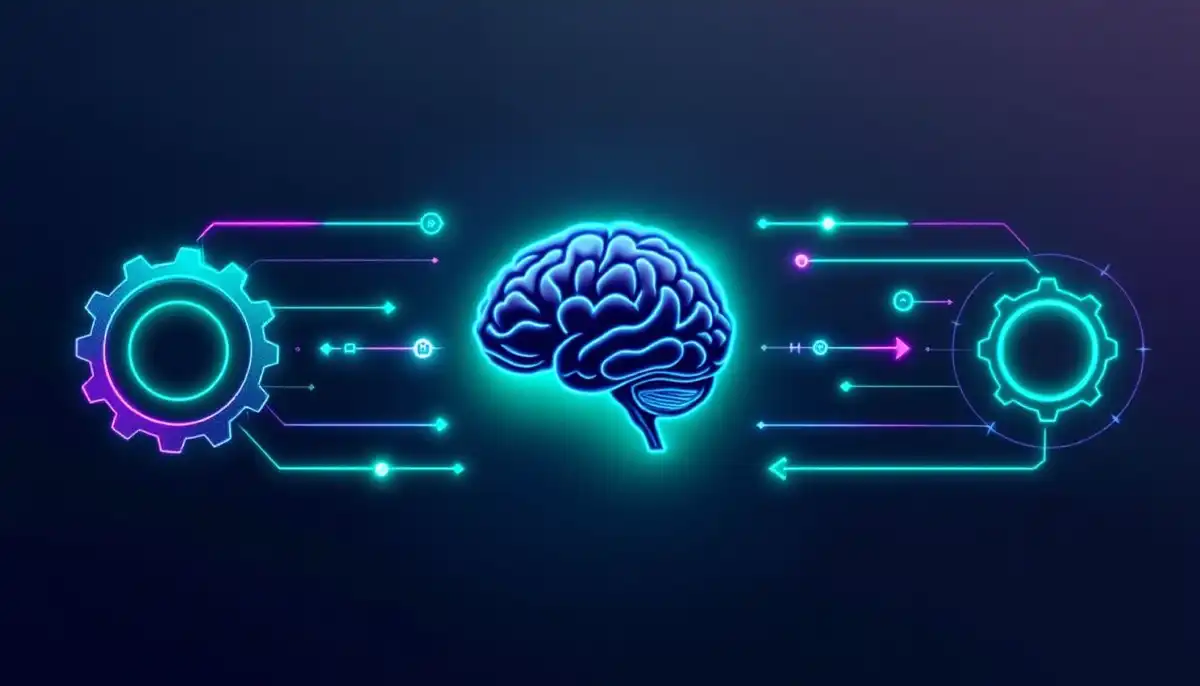-

·
Reasoning by Reversing Chain-of-Thought
The RCOT (Reversing Chain-of-Thought) method is a novel approach designed to enhance the reasoning capabilities of large language models (LLMs) by addressing factual inconsistencies in their outputs.
-

·
Least-To-Most Prompting for Enhanced Reasoning
This paper presents the least-to-most prompting technique as a novel approach to enhance reasoning capabilities in AI systems, particularly in large language models (LLMs). By effectively decomposing complex problems into simpler subproblems, this method facilitates improved generalization and problem-solving performance.
-

·
Optimizing Few-Shot Learning with Example Reordering
This paper presents an innovative approach to enhancing few-shot learning in natural language processing (NLP) through example reordering, utilizing genetic algorithms. The proposed method, PERO (Prompting with Examples in the Right Order), demonstrates significant improvements in model performance, particularly in scenarios where data scarcity is a challenge.
-

·
Universal Self-Consistency in LLM Generation
This paper presents Universal Self-Consistency (USC), a novel approach designed to enhance the reliability of outputs generated by large language models (LLMs). By leveraging multiple candidate responses and selecting the most consistent one, USC addresses the limitations of traditional self-consistency methods, particularly in free-form generation tasks.
-

·
Tab-CoT: Zero-Shot Tabular Chain Of Thought
The Tab-CoT method introduces a novel approach to reasoning in AI by utilizing a tabular format for chain-of-thought prompting. This method enhances the reasoning capabilities of large language models (LLMs) and addresses common challenges faced by AI engineers in data handling and decision-making processes.
-

·
TaskGen Framework: An Innovative Approach for AI Engineers
TaskGen is an open-sourced agentic framework designed to enhance task execution by decomposing complex challenges into manageable subtasks. This document provides a comprehensive overview of the TaskGen framework, emphasizing its modular architecture, innovative methodologies, and practical applications in AI engineering.
-

·
Enhance Reasoning By Learning From Mistakes
This document presents an in-depth exploration of the Mistake-Aware Peer-Review Distillation (MAPD) methodology, a novel approach designed to enhance the reasoning capabilities of smaller language models (LMs) through innovative training techniques. By integrating feedback mechanisms that allow models to learn from their mistakes, MAPD offers a significant advancement in knowledge distillation.
-

·
Better Zero-Shot Reasoning With Self-Adaptive Prompting
This document presents an in-depth exploration of the Consistency-based Self-Adaptive Prompting (COSP) methodology, aimed at enhancing zero-shot reasoning capabilities in large language models (LLMs). By minimizing the reliance on handcrafted examples, COSP offers a flexible and efficient approach to model training and deployment.
-

·
Enhancing System 2 Attention Mechanisms in LLMs
In the rapidly evolving field of AI engineering, traditional soft attention mechanisms in Large Language Models (LLMs) often lead to significant performance issues, such as the incorporation of irrelevant context that skews model outputs. This paper introduces System 2 Attention (S2A) as a solution to these challenges, enhancing model accuracy and reliability.
-

·
Enhancing LLM Performance through Social Roles
This paper explores the critical role of prompting in Large Language Models (LLMs) and how the incorporation of social roles can significantly enhance model performance and user experience.
Category: AI Engineering Practice
Explore AI Engineering: Designing and implementing intelligent systems. Learn about machine learning, neural networks, and cutting-edge AI technologies.
